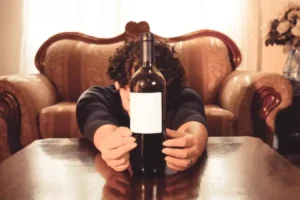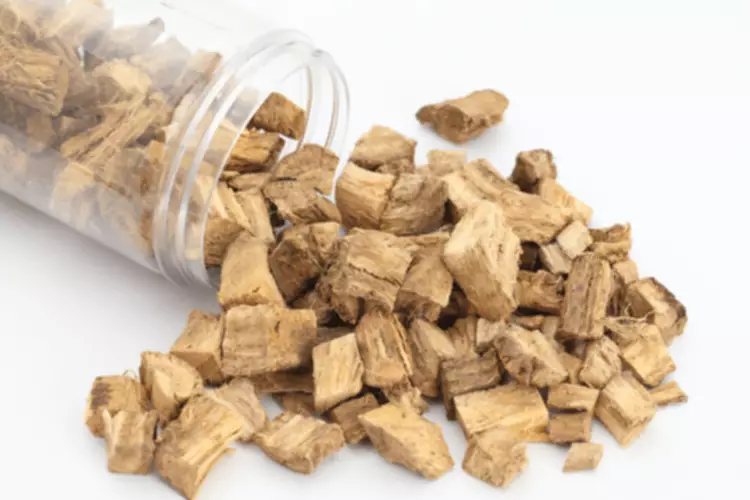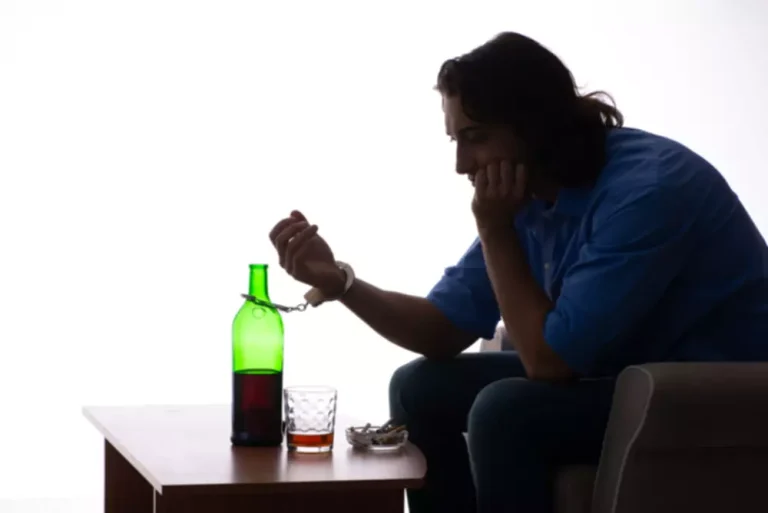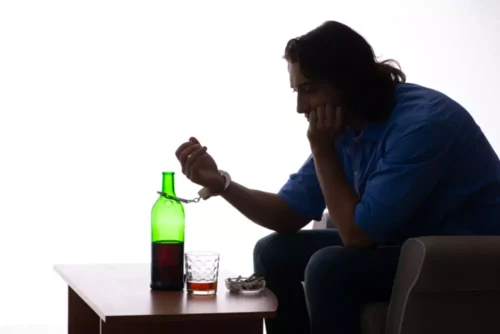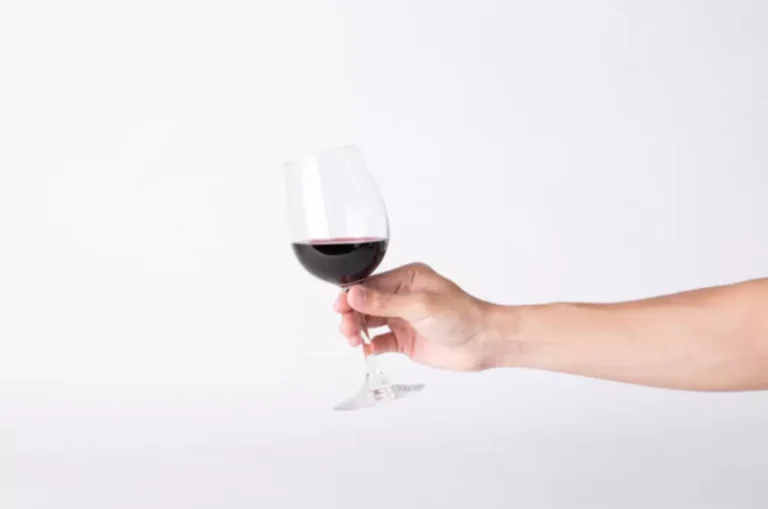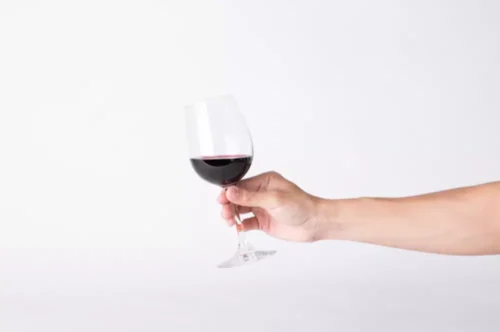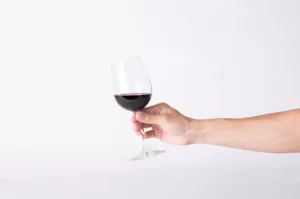
This activity allows individuals to explore various scenarios relevant to their recovery journey, such as managing triggers, confronting cravings, and maintaining healthy boundaries. Art therapy is a creative way for individuals to express emotions that may be difficult to verbalize. Art therapy allows for emotional release and fosters self-expression, without the need for words. Triggers are people, places, feelings, or other things that make you want to abuse drugs. Mindfulness is the practice of observing the present moment without judgment. It can boost your sense of well-being and help you cope with drug cravings and other recovery-related challenges.
- This discussion covers techniques like journaling, physical exercise, and mindfulness practices to help members cope with stress healthily.
- This topic explores healthy techniques for managing cravings, such as deep breathing, physical activity, or connecting with a support person.
- In recovery, trust is often something that needs to be rebuilt—both with oneself and with others.
- Spending time in nature can have calming effects and improve mental clarity.
Join Over 5000 Other Mental Health Pros
Recovery from substance abuse is strengthened through shared experiences, practical skills, and supportive connections. This list of 50 group activities is designed to empower https://ecosoberhouse.com/ individuals on their journey by building self-awareness, enhancing coping strategies, and fostering a sense of community. This article explores 50 substance abuse group activities designed to empower individuals in their recovery journey.
- Pass out pieces of paper with drawings of a large bottle on them, and two lines are drawn across the bottle to create three different layers inside.
- Group therapy activities should foster a sense of unity, not competition.
- It’s not just arts and crafts; it’s a tangible reminder of why they’re on this journey.
- Please note that Two Dreams utilizes process groups as opposed to theme/support groups.
Anger Management Techniques

Participants can boost their self-esteem and create positive connections. This motivation and focus on achievement as a team act as positive reinforcements, reducing the risk of relapse by redirecting energy toward purposeful pursuits. Journaling serves as a powerful self-help mechanism, reducing the risk of relapse by providing an outlet for processing thoughts and emotions in a constructive manner. Offer alternative roles (e.g., being an observer) or allow them to participate at their own pace. It’s important to create a non-pressuring environment where everyone can engage as they feel comfortable. Active listening is essential for building trust and respect in the group.
Aquila Recovery holds The Joint Commission’s Gold Seal of Approval® for Behavioral Health Care Accreditation

Sometimes, depending upon the number of patients, group interventions would be conducted in Telugu and Hindi as well. A variety of therapeutic factors have been described in group therapy processes. The most favourable factor perceived by persons with SUD in group intervention is catharsis, followed by group cohesiveness and interpersonal learning. Though group work and group therapy are used interchangeably, there is a difference between both the terms. Group work as a primary method of social work is practiced with normal human beings and persons with minor adjustment problems in non-clinical settings. Group work is considered amphetamine addiction treatment when primary level of prevention is needed and not as a form of treatment.
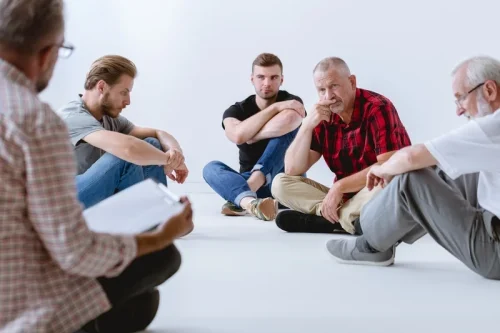
Building Resilience
- This review discusses some of the more common therapy activities a counselor may implement in group sessions.
- Group therapy can give them a chance to feel connected to others, and witness others in their own recovery.
- Group therapy can focus on various issues, such as anxiety, depression, addiction, grief, or interpersonal difficulties.
- The therapist can enact the scene with group members and help the teen practice taking a stand for himself in a real-life situation.
- Through role-playing exercises, members are encouraged to see situations from others’ perspectives, which fosters compassion for themselves and others, enhancing social bonds within the group.
- This topic allows members to share funny stories, discover joy in small moments, and build bonds with others through laughter.
- We find that many of our clients are unsure of what to expect, and need time to feel out the group dynamic before speaking up.
You can help participants work through emotions, feeling, situations, and actions that trigger substance use. Each member has a chance to confront previously invisible feelings, emotions, beliefs, and thoughts that came from a trigger. The 12 Steps guiding principles were created for alcohol addiction substance abuse group therapy activities recovery, but they can be helpful with all forms of substance abuse therapy. The core idea behind the 12 Steps is the acceptance of powerlessness in order to embrace support from something bigger than ourselves. We believe that financial barriers should not prevent anyone from accessing high-quality addiction treatment.






